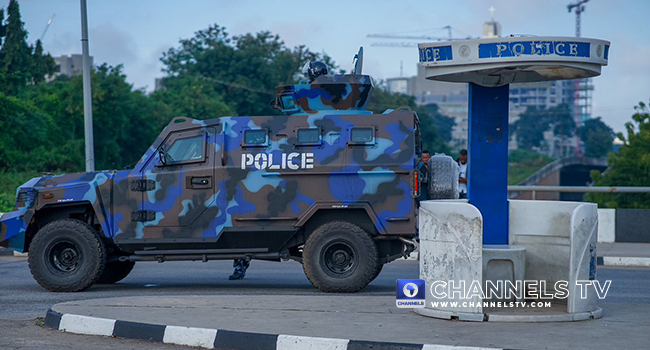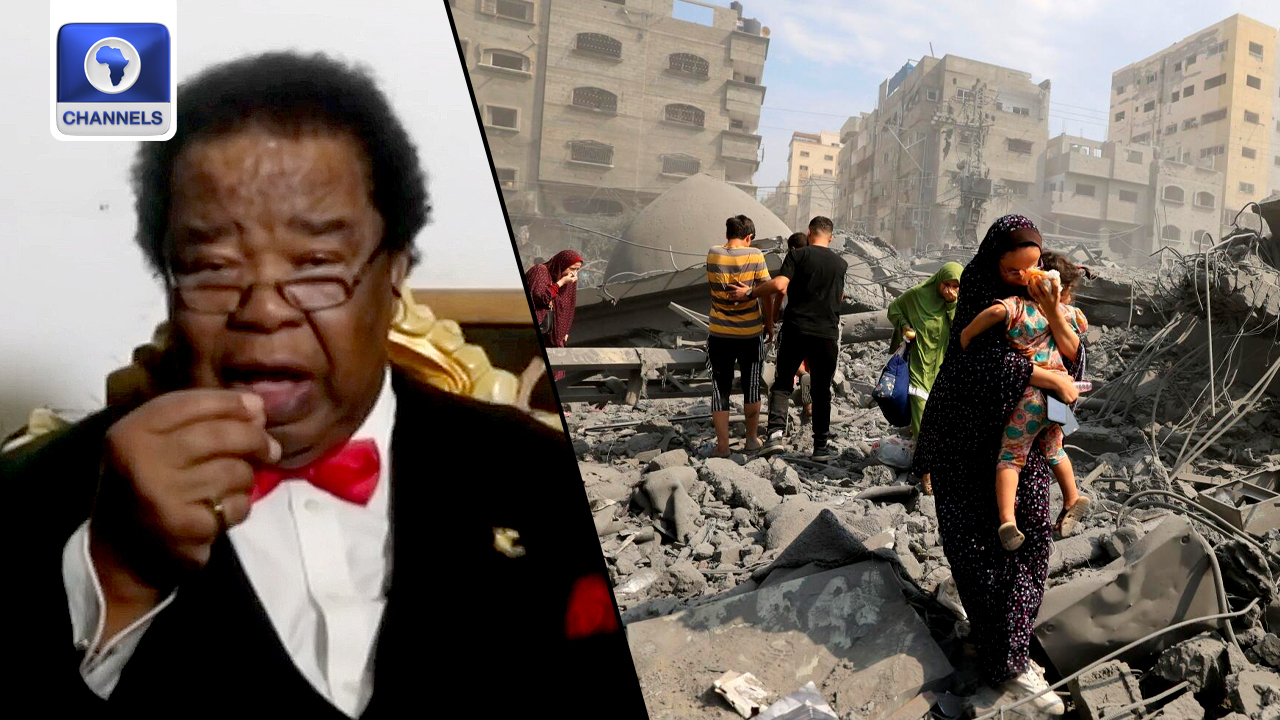
Rohingya Muslims nearly 400,000 have fled renewed violence in Myanmar, crossing the border in Bangladesh in waves following a military crackdown the United Nations says amounts to ethnic cleansing.
This is the latest chapter in a long and tumultuous history of the Rohingya.
Before the most recent surge of violence, there were over one million Rohingyas in Myanmar’s restive Rakhine state.
Many of the Muslim minority trace their lineage in Myanmar back generations, but were effectively stripped of their citizenship by the former junta and are demonised among the Buddhist-majority population as illegal immigrants.
Tensions between the Rohingya Muslims and the Buddhist majority date back to the beginning of British rule in 1824.
As part of their divide-and-rule policy, British colonists favoured Muslims at the expense of other groups. They recruited them as soldiers during World War II, pitting them against Buddhists aligned with the Japanese as the war played out on Burmese soil.
“Both armies, British and Japanese, exploited the frictions and animosity in the local population to further their own military aims,” said Moshe Yegar, author of a book about Muslim communities in Southeast Asia.
Their status was fortified in 1947 when a new Constitution was drafted, enshrining them with full legal and voting rights — which would be later stripped and render them stateless.
Rakhine has a poverty rate nearing 80 percent, double the national average, kindling resentments over ethnic claims to the area.
A 1962 military coup ushered in a new era of repression and brutality. The country’s ethnic minorities like the Rohingya did not fare well.
The 20th century saw a series of military crackdowns against the group: in 1978 and 1991-2, which prompted hundreds of thousands to flee to Bangladesh.
Some were sent back by Dhaka, and the United Nations questioned the supposedly “voluntary” nature of the repatriations.
What’s behind the latest violence?
They have been subjected to restrictions on movement, employment and access to basic services since another outbreak of violence in 2012.
Tensions mounted again in October 2016, when a small and previously unknown militant group — the Arakan Rohingya Salvation Army (ARSA) — staged a series of deadly attacks on Burmese military forces.
The army responded with a massive security crackdown, sparking a new wave of refugee arrivals into Bangladesh.
On August 25, ARSA again launched an early morning attack on army installations in Rakhine, triggering a brutal military campaign in response.
An estimated 391,000 Rohingya have fled to Bangladesh in the last three weeks, according to the United Nations, which has said the military crackdown amounts to ethnic cleansing of Rohingya Muslims.
AFP



